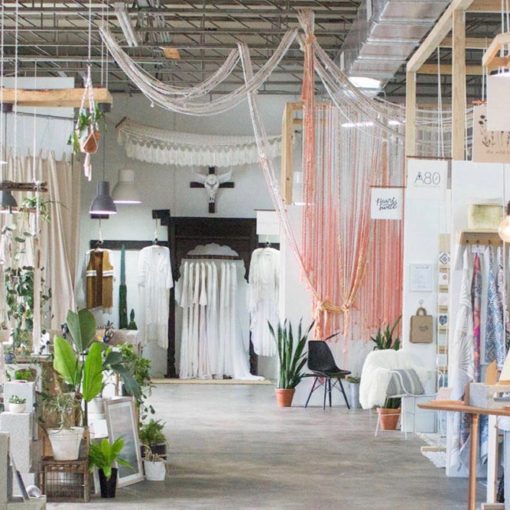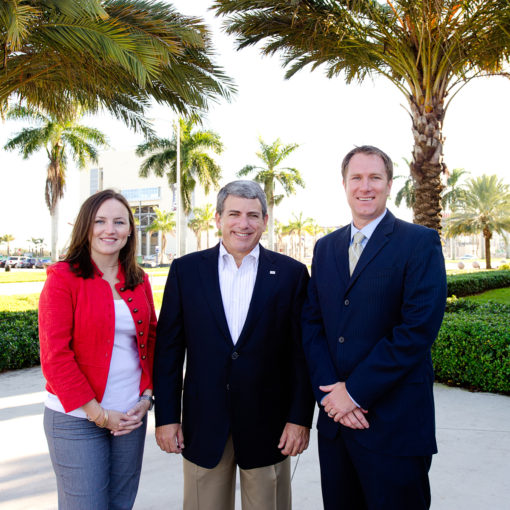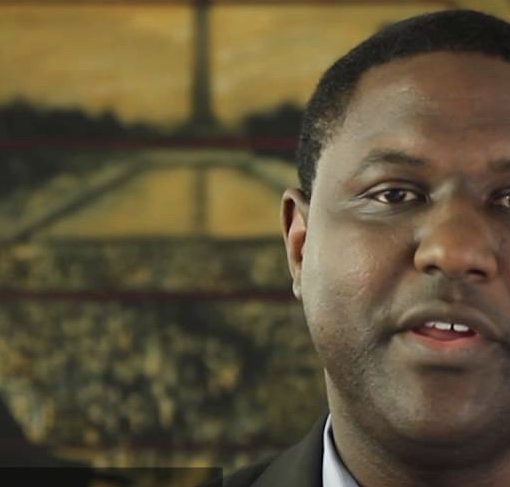Ryan Boylston is the Founder and CEO of 2TON, a creative agency with headquarters in West Palm Beach, Florida. He was the guest on Episode 93 of the Agents of Innovation podcast. (Listen here)
Ryan also founded the Delray Newspaper, Boca Newspaper, Joust Umbrellas and The KTCHN – a eight desk co-working space housed in his office on Atlantic Avenue in Delray Beach. Today, he is also a city commissioner of Delray Beach. Ryan was also a founding board member of Palm Beach Tech (now rebranded as Tech Hub South Florida).
“Palm Beach as a county has such a great brand when it comes to tourism and vacation. But no one was really talking about the innovation and the tech that’s happening here and how it’s a great space to start a business,” said Boylston. “We are outside that mecca that is Miami and I think we provide a unique work-life experience for small-type start-ups.”
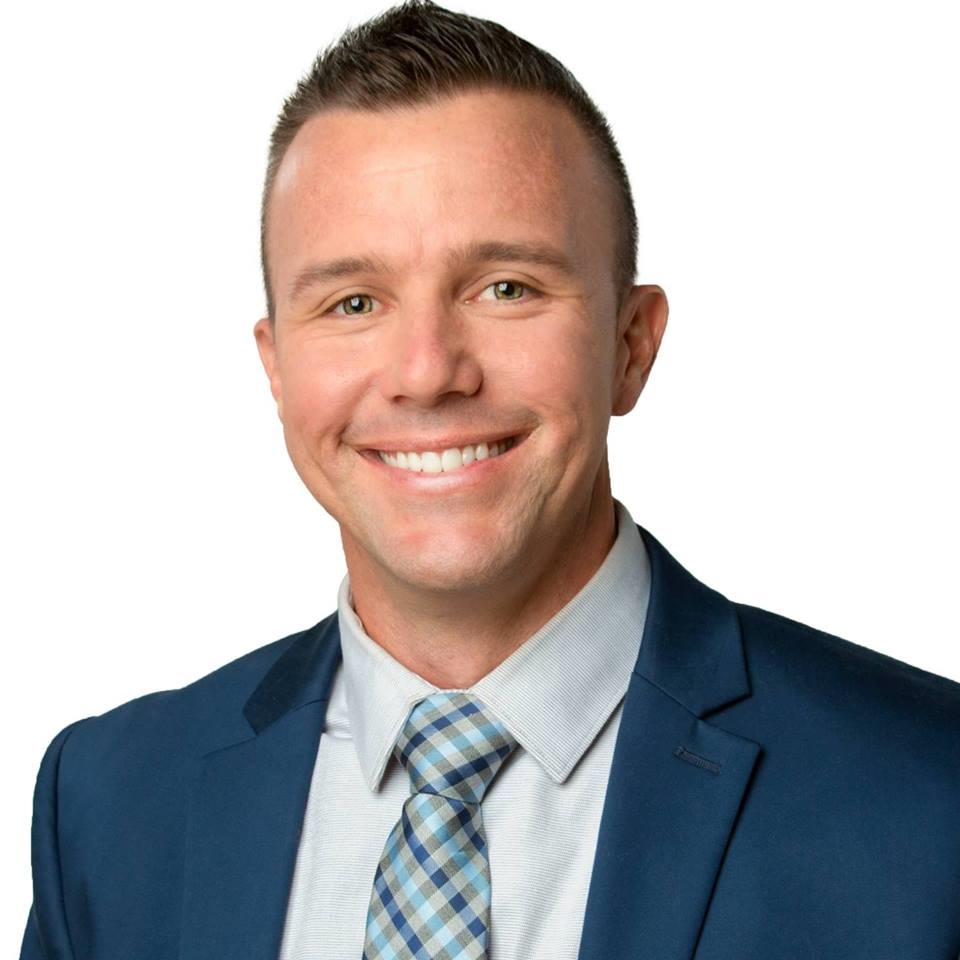
“The old model was Big Tech spins off little tech. You had that tech hub and the bigger names – there was AOL, Google or Facebook – and they spin off all this other tech. But as every industry became tech-based, then that started to break down those walls. Then, rather than starting a tech company that delivers food in a place that there’s more tech companies, you’re seeing that tech company open where there’s an incredible amount of restaurants.” One of the businesses like this that started in Delray Beach is Delivery Dudes. While they are in the food delivery business, the core of what they are is a tech company.
As a youth, Ryan walked into Wal-Mart when he was 15 years old to apply for a job. They only hired people starting at age 16, but he wanted to get a jump on the application process so that he could be interviewed as soon as he turned 16.
“As a young individual in high school they put a lot of trust in me to learn everything you could do at Wal-Mart,” he said.
Upon graduating high school in South Florida, he then went to the University of Central Florida, primarily because it was the hotspot for video production in the late 1990s. After he started his studies there, he decided to shift to marketing and mass communications. During college, he applied for many internships, including at Hughes Supply and at Anheuser-Busch Parks. Those experiences helped him land an internship with the JM Family Enterprises in Deerfield Beach.
Ryan’s mother had worked at the company for many years and so he grew up knowing their founder, Jim Moran, who he really admired because he made every member of the team feel like family. To this day, Ryan doesn’t refer to any of his own employees as “employees” or “staff.” They are valued members of the team. He added that in his role on the city commission, he has found that “in government, the word ‘staff’ is thrown around a lot. That’s a really tough word to remove from your culture at city hall – the word ‘staff’ – and replace it with associate or team member.”
In his own career, he began climbing the corporate ladder at JM Enterprises, and later again in roles at Toyota and Auto Nation. However, the day after he turned down a promotion at Auto Nation, he was let go and walked out of the building.
“Although I was passionate about the auto industry, I wasn’t really passionate about the dealership side,” said Boylston. “Most of my time in the auto industry was at the dealership level and it was something I wasn’t passionate about.” His passion was more in the marketing arena, but there were no opportunities to climb the corporate ladder in those areas.
At the time that he was let go, Ryan and his wife, who was a teacher, had recently purchased their first home and they had a one-year-old child. “You immediately start thinking: ‘we got to pay the bills,’ that what you got to do,” said Boylston.
Fortunately, he had already started doing some consulting work on the side while still with Auto Nation. Some of those clients had wanted more of his time anyway. He realized he could start using the same skills – of identifying disconnects in auto dealerships – and applying that to other smaller and medium size businesses.
“On the drive home, I immediately started calling my clients and told them: ‘hey you wanted more of my time, you got it.’”
“And then the next day, I got up like any other normal day and instead of getting on the Tri-Rail to Fort Lauderdale to go work at Auto Nation, I got up and went to a coffee shop or went to a library and rented out a little room and just grinded it out and tried to start my consulting firm.”
Every day, he would reserve room 203 – a quiet room – at the Delray Beach public library, by the hour. As long as it was still free, he could continue working there.
“Once in a while I would come out and someone would be waiting for the room,” said Boylston. “So then I’d be out of the room for an hour and then I’d go back in. That was my first office.”

This was 10-years ago. “Co-working wasn’t even a term, let alone available to me,” said Boylston. “When I eventually got to a point where we had a big enough office, where we had additional space, at that point co-working was a term but it wasn’t something that had made it to Delray Beach yet. So, we decided to take a portion of our office … we put 8 desks in and we opened it up to any business.” That’s what became the KTCHN.
For those considering leaving the corporate ladder, like he did, he says, “Don’t be afraid to make the sacrifice. That was something I was somewhat afraid to do in leaving my job but obviously not too afraid to decline a promotion and to stay in a position that allowed me to have this side consulting firm that I was slowly growing until I could leave. Be willing to make that sacrifice … because it’s most likely going to be short term. And, in the long term it will probably be the best decision you ever make.”
Ryan’s first sacrifice didn’t work out. He sold his car and invested the funds into a start-up. But, he said, “I learned a ton and the next time I had an opportunity to sacrifice and start my own thing, I really had a lot of lessons that I had learned to put towards the success of the second venture.”
In this new venture he worked 80 hours a week. He would work 8 to 10 hours a day, come home and have dinner with his wife and son, and then put in another five hours of work at night. He did that for over a year. He then hired his first employee. They worked 40 hours a week, allowing him to drop his hours down to about 70 hours a week. “But then you hire another person and maybe you get to 60 (hours) and then 50, and it never goes lower than that, at least I don’t think it does,” said Boylston.
The company was first started as Futuristic Woo and then later went through a rebranding with a new name, 2TON. Their headquarters today is in the Warehouse District of West Palm Beach.
“Over the years, we just continued to bring additional services in house,” said Boylston. “Today we are a full-service creative agency. We handle our clients’ brands and every extension of their brand. We don’t just make pretty things, we put strategy together with those pretty things so we have just as many, if not more, strategists and consultants and then we have designers and developers.”
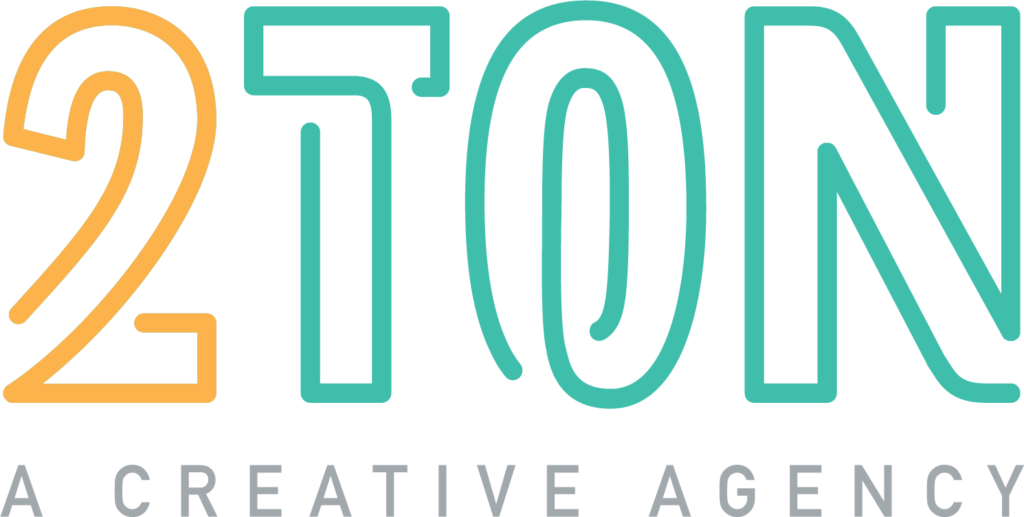
“It’s one of the core principles of 2TON: we do not use contractors, we do not outsource, period. Everyone is a full-time associate of 2TON. We don’t even have a team member that is paid hourly. Everyone is a salaried, full-benefit associate at 2TON.”
“In addition, there are two positions that we don’t really believe in at 2TON: one of them is the sales rep position. If you reach out to 2TON and want to talk to us about services, you are going to be on the phone with me,” said Boylston. “And if you’re not on the phone with me, you’re going to be on the phone with our creative director or our COO. That’s really important that our relationships start at that level. And secondly, we don’t believe in account reps, or the key holders. We want, and our clients want, to actually talk to the people who are designing and developing and writing or strategizing for their company.”
In addition to his role as a CEO and entrepreneur, Ryan is deeply involved in his community through private philanthropy and public service.
“One of the things I learned when I moved to Delray Beach and started to raise a family there is people give back. There’s a lot of boards – from art boards to Pineapple Grove boards to planning and zoning boards. People donate their time to sit on these boards to make sure the city heads in the right direction that everybody wants. So, I figure if I’m going to live here then I’m going to sit on a board.”
He started serving on boards that he could just raise his hand to be on the board. Then, he moved on to boards he had to be appointed to by a city commissioner. Then, he moved onto a board – the city commission – that he had to be elected to.
“Over about almost a 10-year period, after jumping from board to board and asking to sit on different steering committees, and bringing I think a unique perspective to a lot of these boards, as an entrepreneur, as a young family, father, husband, I decided to run for city commissioner – that was three years ago.” He finished his first term in March 2021 and was re-elected handedly then.
“Local politics impacts the life around us, the businesses around us, way more than the politics many levels above us,” said Boylston. “If you can bring a view point that is present – it’s now, I’m in the business community now and I’m the father of two children who are in our public school system now – because a lot of time people run for these positions once they retire, once they have the time to do it, which is great and they come with a lot of experience. However, they might not actually be living that aspect of your city at that time, where I very much am.”
This is another reason Ryan became involved with helping to start local newspapers in Boca Raton and Delray Beach around 2011. He discovered how empowering it was to have local reporting that isn’t affected by viewers or clicks. He owned these papers for about five or six years and eventually sold his shares in it.
“It’s definitely not a business that you get into to make a lot of money but it is one that is very rewarding and I learned a lot,” said Boylston. “Our goal was to basically break even every month.”
All the owners, editors, and sales people had other jobs on top of running these weekly local newspapers. “It’s challenging and you can see why there is that disconnect with our local news and national news. They are chasing clicks, they are chasing viewers, they are trying to stay alive financially and unfortunately it skews the news.”
One area Ryan is passionate about bringing more awareness to is the field of entrepreneurship. “This next generation – they need more of these types of stories,” said Boylston. “The Millennial generation has shown an interest in owning a business more so than any generation before. They are failing more so than any generation before.”
Boylston went on to talk about one of the great things that entrepreneurs can do is to live their passion, create jobs in their community, and support their family. They don’t have to be Mark Zuckerberg or Elon Musk.
“Well, what if you were able to start a small business locally? And yea, you might never have a garage full of cars, but you’ll always drive the car that you want. And you’ll live in a house, and support your family, and your kids will go to college, and during that entire time you were able to create that life by doing something you love and employing people in your community. Would that be enough?”
“That’s what we should be aspiring to, at least most of us: is to create a life that we love and a job that we love and a career that we love,” said Boylston.
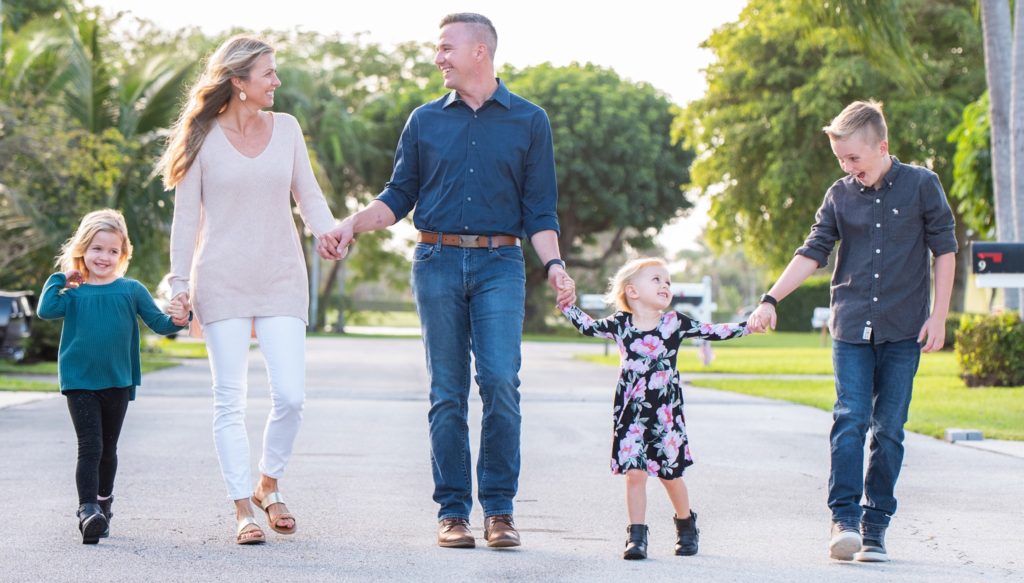
His advice to young people who want to be entrepreneurs: surround yourself with people who you want to be like, ask questions, and ask people like him to have a cup of coffee with you – and learn from them through those conversations and interactions. “Also, don’t be afraid to venture into the world of working for a great company,” he said. “You don’t need to own a company. It’s really tough, not only to own it, but to build it, and the responsibilities that come with that.”
But when you do want to start a company, Boylston suggests: “Look for where opportunity in the market intersects with your passion and you’ll be successful. And, work your butt off!”
You can listen to the full interview with Ryan Boylston on Episode 93 of the Agents of Innovation podcast on Apple podcasts, Amazon podcasts, Spotify, Stitcher, and SoundCloud. You can also follow the podcast on Facebook, Instagram, or Twitter.
Please consider supporting the Agents of Innovation community by becoming a member of our Patreon page today, starting at just $5 a month!


